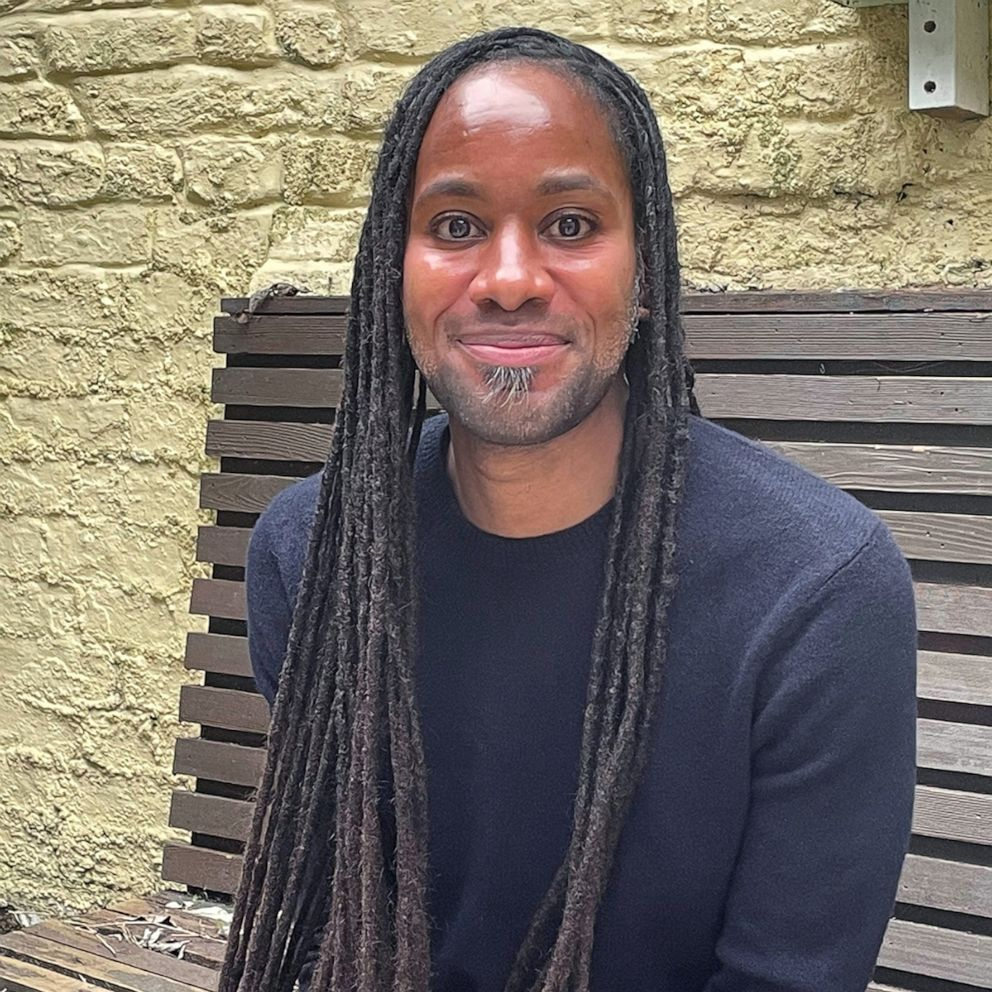
Jason Arday, Cambridge's youngest black professor, defies conventional expectations.
First, he is black in the very white world of academia where just 160 of the United Kingdom's 22,855 professors are black. Secondly, he did not come from public school but via a BTec course in sport and development at a further education college in South London. Thirdly, he has diagnoses of autism and dyslexia, did not speak until he was 11 and did not develop literacy skills until he was 18. Finally, he has not adopted the uniform. It is a point of pride that his waist-length dreads single him out from other academics: ‘What I always say is that when people look at me, they don't know what I do for a living,' he tells us.
His research interests are listed as education, social mobility, mental health and race, while his CV marks him out as a highflier. Before Cambridge, he was Associate Professor of Sociology at Durham University, then a Professor of Sociology of Education at the University of Glasgow’s School of Education. In addition, he has worked with the social enterprise The Black Curriculum, he is a trustee for the Runnymede Trust (a research organisation that challenges racial inequality in Britain) and he has sat on the Universities UK advisory group on racial harassment in higher education.
Overcoming the barrier of dyslexia
While facing many disadvantages in his early years, Arday had two sources of inspiration. The first was his mother, a mental health nurse and an activist who took him to anti-racism marches in Peckham and Brixton which raised his consciousness of the political struggles that marginalised groups face. The second was a tutor he met at Morden College of Further Education.